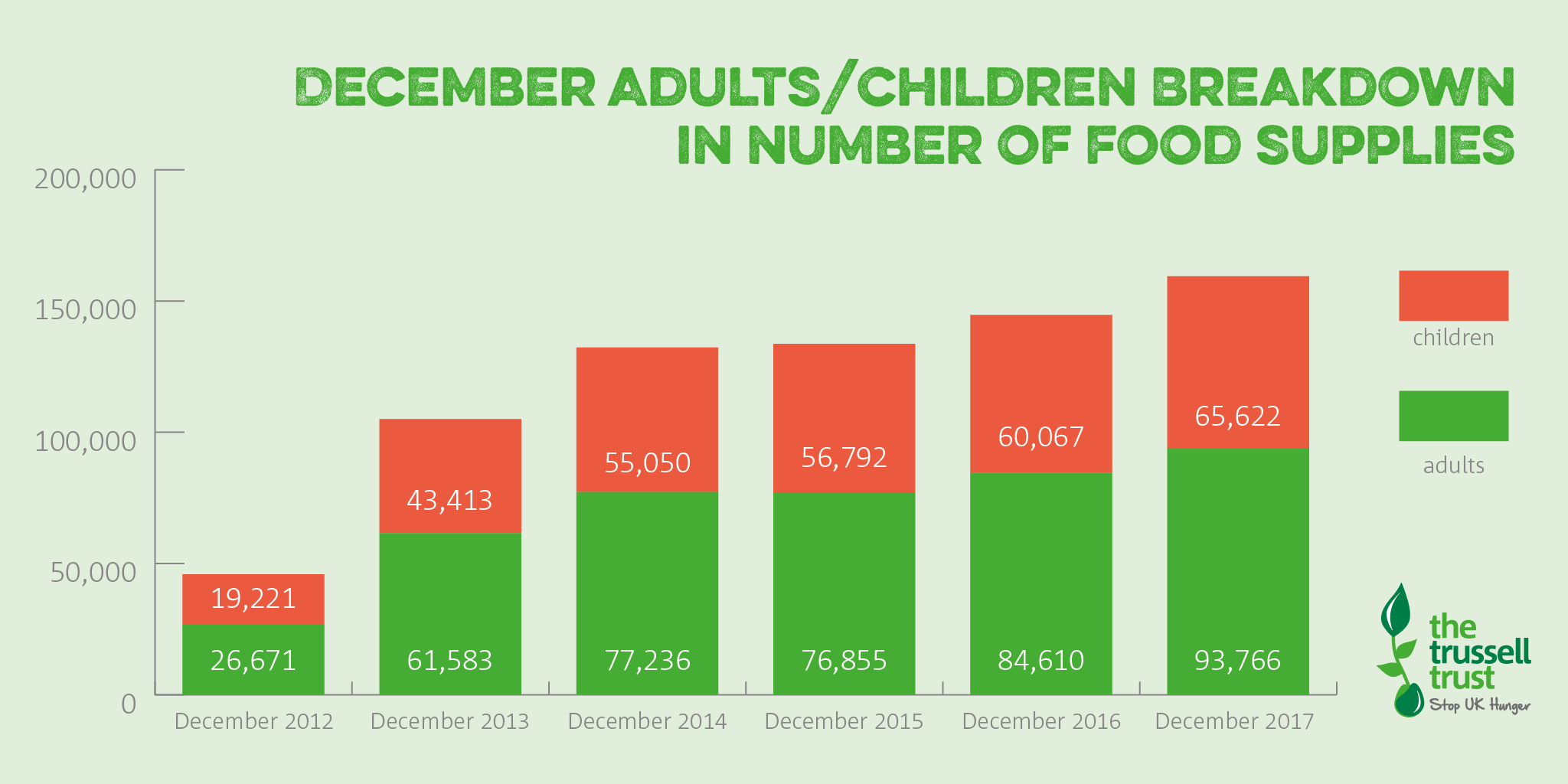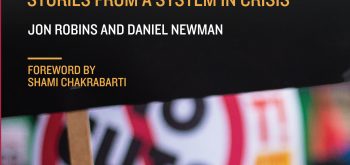A legal challenge will be heard today in the High Court against universal credit over an inflexible system that leaves vulnerable families out of pocket. Single mother Danielle Johnson, who works part-time as a dinner lady and receives the payment to top up her income, is one of four women challenging the government.
This will be the second judicial review of universal credit following the High Court’s finding in June of last year that the system was discriminating against the disabled. Danielle Johnson is paid on the last working day of the month however, her monthly assessment periods run from the last day of each month meaning that, if she is paid earlier in the month because the last day of the month is on a weekend or non-banking day, she is assessed as having been paid twice that month, and not at all the next month. Claimants are unable to change their assessment period dates.
Meanwhile, the Trussell Trust today called on the government to cut waiting times for the benefit. According to the foodbanks charity, the inability of benefits to cover essential living costs and issues with payments are the main reasons for a referral to a foodbank.
In Danielle Johnson’s case, she was £500 worse off annually because she was entitled to ‘work allowance’ as a parent. The work allowance is a disregard of £198 per month of a parent’s monthly earnings so in months where she is treated as having no earned income, she loses the whole benefit of the work allowance. In months where she is treated as having double income, she does not receive any extra work allowance.
‘I have never been this financially unstable before, to the point of being unable to afford my rent and having to go into my overdraft when buying food,’ 25 year old Danielle Johnson said. ‘It is getting me into a vicious cycle of debt. Universal credit is supposed to be simpler and fairer, but my experience of it is the opposite. I’m doing my best working part-time to make ends meet so that I can look after my daughter. I thought the government was supposed to help and support people like me trying to get back to work but I have found it to be the opposite.’
The women are being represented by the law firm Leigh Day and the Child Poverty Action Group. As well as arguing that the new scheme is irrational, Johnson will also argue that the system is discriminatory because it disproportionately affects single parents who are mainly female.
‘It is very clear through the multitude of problems reported that universal credit is a broken and ill-thought out system,’ said Tessa Gregory, a partner at Leigh Day. Universal Credit was supposed to “make work pay”, she said. ‘It was purportedly designed to assist those in work being paid on a regular monthly basis, yet flaws in the system mean that our client, who has a regular monthly salary paid like many on the last working day of the month, is struggling to support her family. She has been left wondering why she ever went back to work, it is an absurd situation. ‘
‘Our clients have been left repeatedly without money for family essentials simply because of the date of their paydays,’ commented CPAG’s solicitor Carla Clarke. ‘One of them, for example, did her utmost to find a workaround but ultimately had to decline a promotion in a job with good prospects when her then contract came to an end just to escape the trap… . This is a fundamental defect in universal credit and an injustice to hard-working parents and their children that must be put right for our clients and everyone else affected.’
According to the Trussell Trust, December is the busiest month for foodbanks last year. Last year its network provided 159,388 three-day emergency food supplies to people in crisis including 65,for children. This was a 49% increase on the monthly average for the 2017-18 financial year.
The charity expects a further rise this year. They argue that the minimum five week wait for a first universal credit payment has made matters worse. The trust’s chief executive Emma Revie said that it was ‘unacceptable’ that anyone should have to use a foodbank in the first place. ‘We do not want to be here in the long-term, continuing to pick up the pieces. That’s why we’re urging the Government to ensure benefits payments reflect the cost of living and reduce the waiting time for Universal Credit to help ensure we are all anchored from poverty.’







